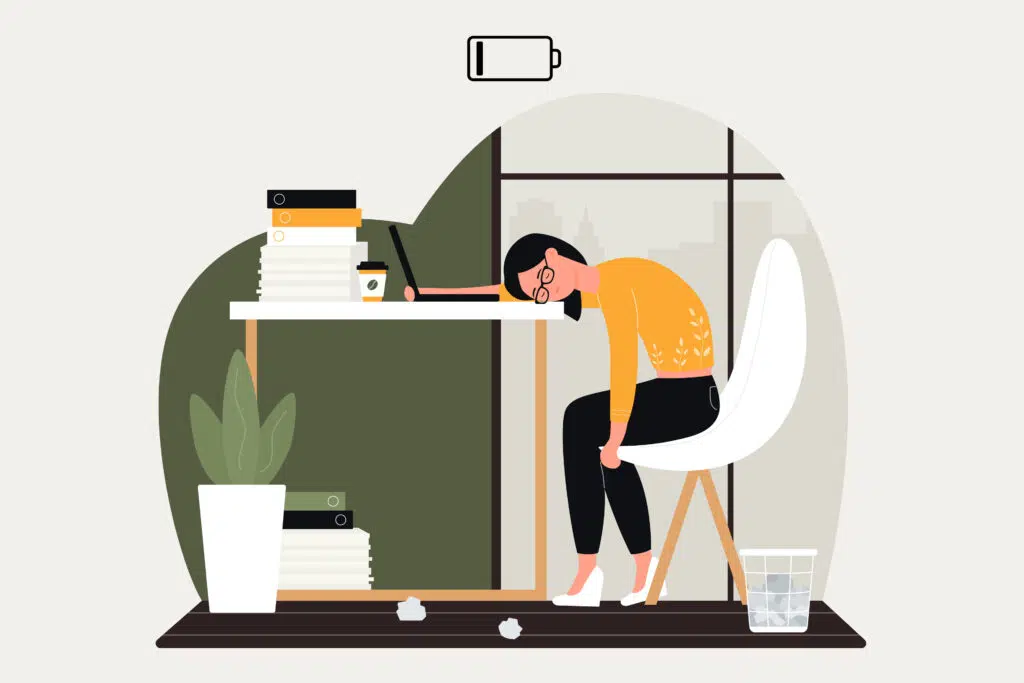Mental health Insights

In today’s world, scrolling through social media is as routine as brushing our teeth. We open apps out of habit — on the train, in bed, while waiting in line. Platforms like Instagram, TikTok, and Facebook keep us connected, informed, and entertained.

Depression can impact every part of a person’s life, from their work to their romantic relationships. Dealing with depression can take its toll on both the person with depression and the supporting partner. If you’re worried that depression is affecting your relationship, understanding its impact is an important first step.

’s easy to mix up anxiety and panic attacks. While anxiety attacks and panic attacks do have overlapping symptoms, they are different. Let’s get into the differences between anxiety and panic attacks so you can be in a better position to get the help you need.

Procrastination is a very typical human experience. At some point or another, we’re all guilty of putting off that task we know is important. Maybe it’s household chores, filling your taxes, paying bills, or some other mind-numbingly boring task.

Depression can feel like a pit you can’t escape from, but know that depression is treatable with the right help. A basic daily ritual encourages healthy habits like a regular sleep schedule, healthy food choices, and exercise that support mental health.

From getting into college or having a baby to splitting from a spouse or experiencing the death of a loved one, life can surprise you with big wins and tear you down with loss. Life is filled with transitions, some happy, others stressful and difficult.

If you’ve reached burnout, it describes a state of complete emotional, physical, and mental exhaustion. Between heavy workloads, toxic work environments, economic uncertainty, and a poor work-life balance, burnout is a very real problem that can affect all aspects of your health.

Mindfulness therapy involves using mindfulness techniques to increase awareness and learn to manage emotions more effectively. These techniques include paying attention to the present moment without judgment.

